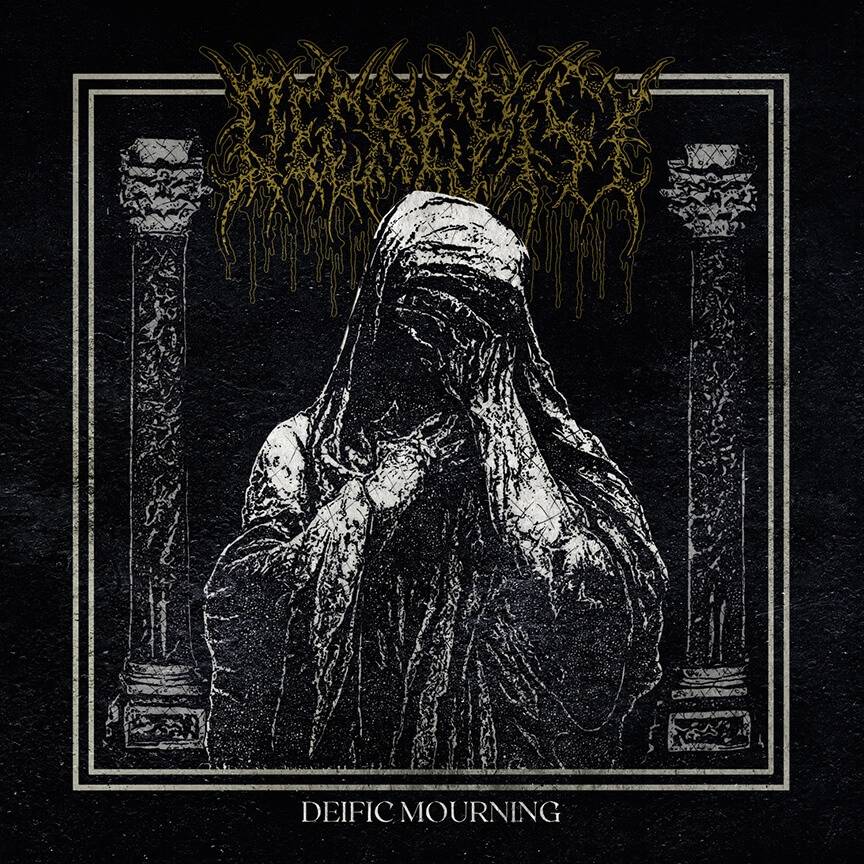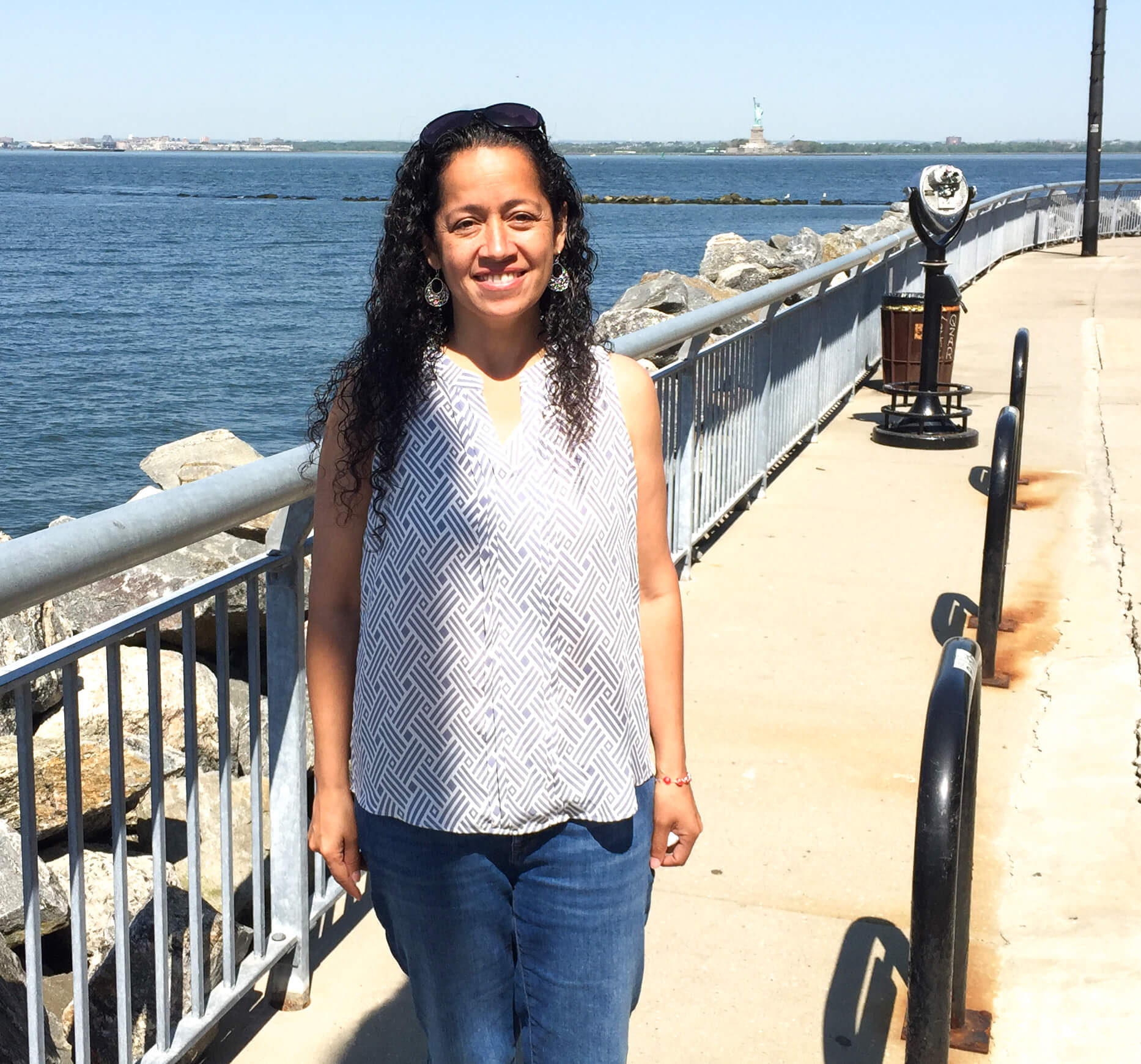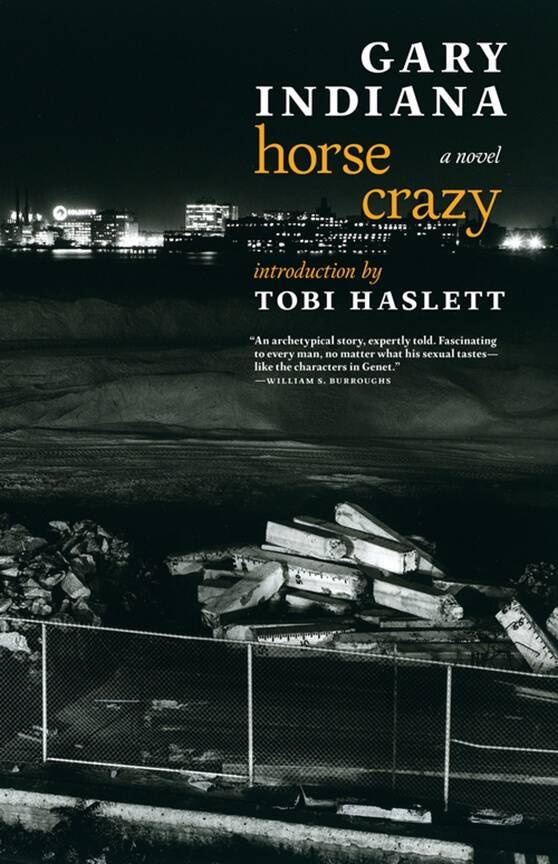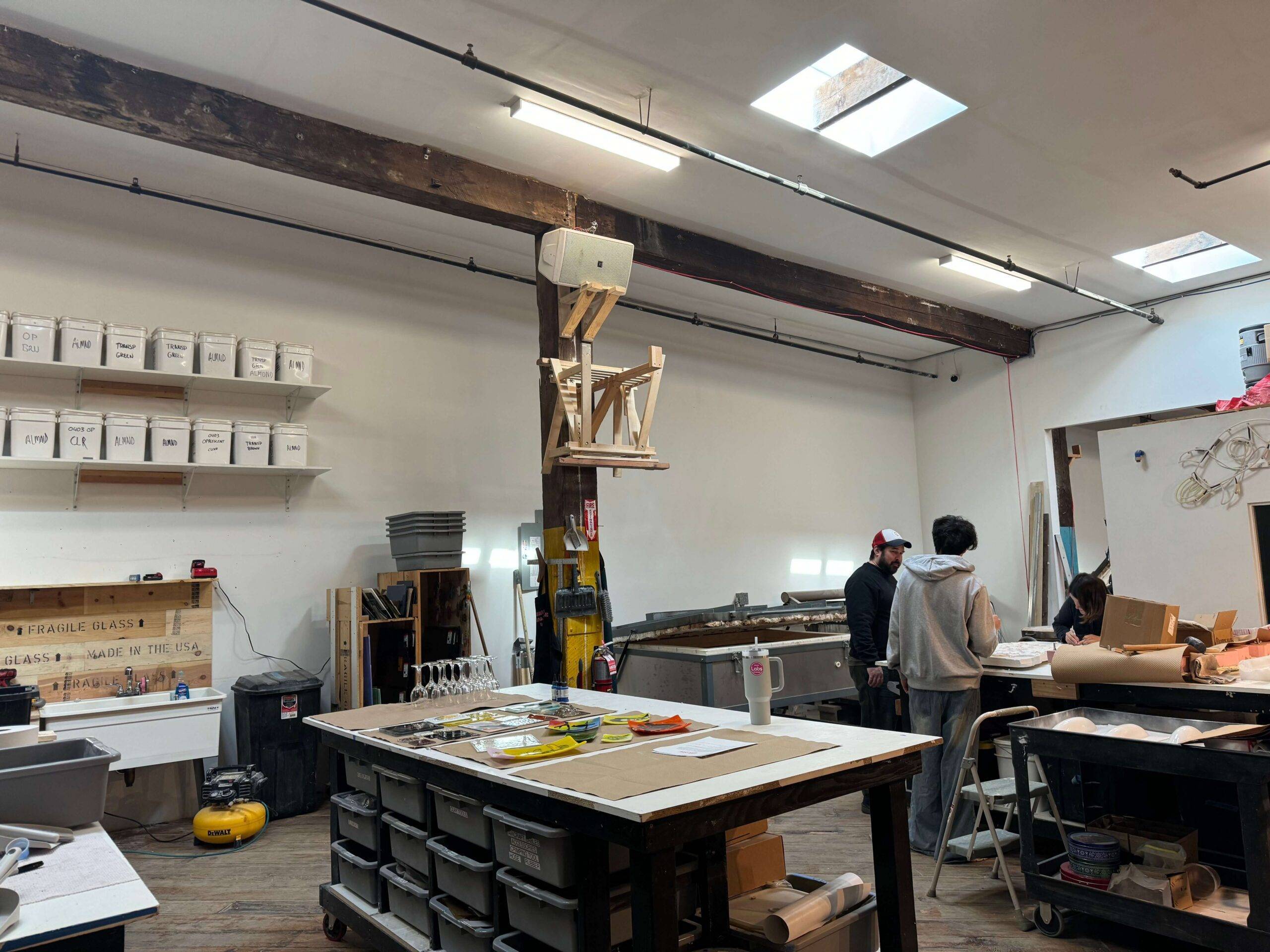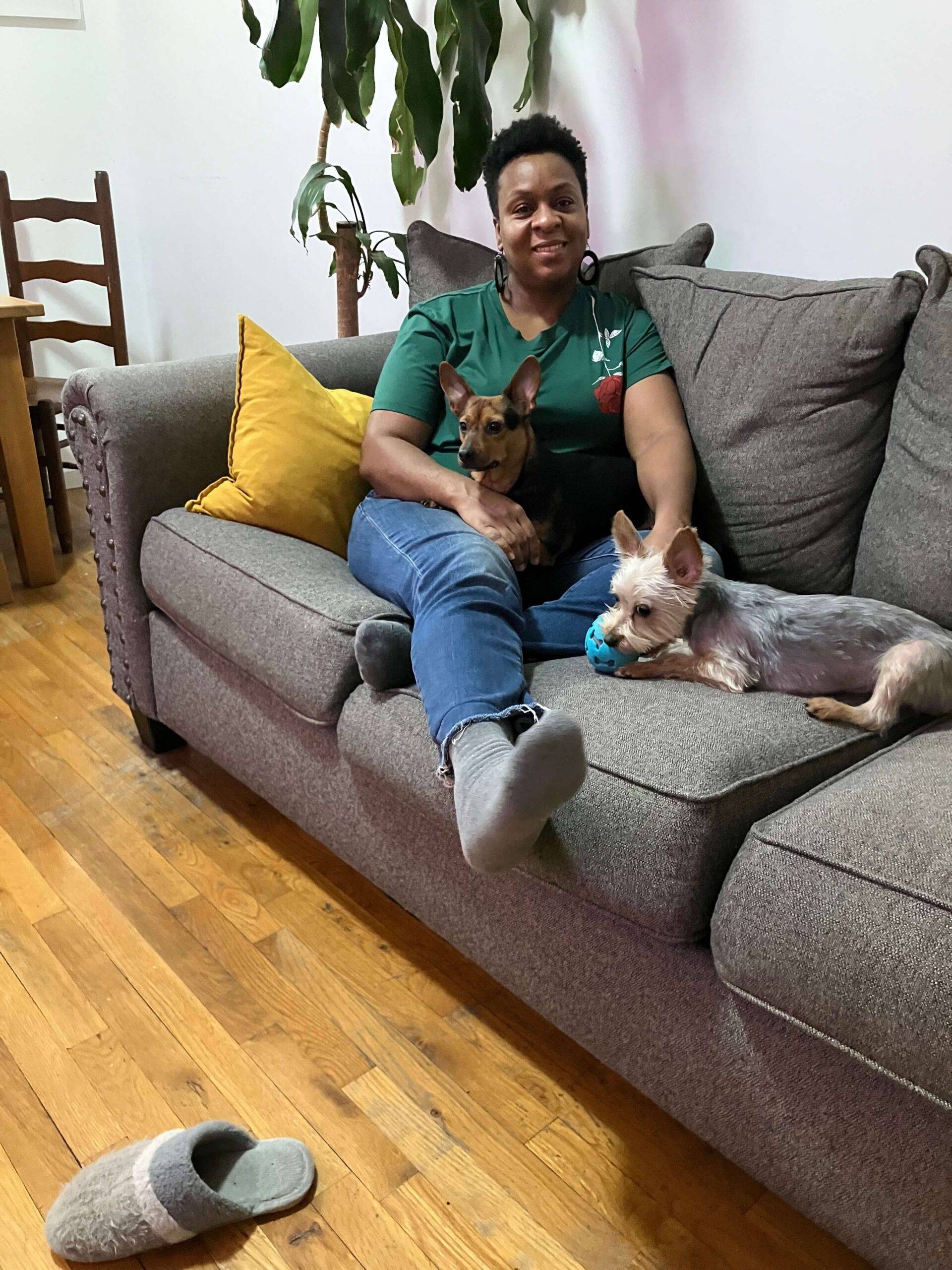After growing up in East New York and having lots of experience fighting for marginalized communities, Alexa Aviles feels she is the right candidate to be the next councilperson for District 38.
Aviles talked about how there are all kinds of programs and resources across Brooklyn and the city that residents might not know about.
“Residents need to have access to those resources,” Aviles said. “There is certainly not enough and that is why funding need is critical. A people’s budget is critical to our recovery and our thriving as a community.”
Four topics she would focus on in the Council are education, transportation, NYCHA and environmental justice. She has been endorsed by US representative Nydia Velazquez and Public Advocate Jumaane Williams.
She grew up in a poor community that was isolated and did not receive much support but yet it was also a vibrant community. “Coming from a working class community, a community with deep poverty, all of that has influenced who who I am as a parent and as a citizen,” Aviles said.
The community was highly policed and many families faced incarceration. She remembers the drugs, violence and shootouts that took place. She believes that growing up in East New York informed who she is as she understands the problems.
Aviles grew up in a single parent home. Her mother worked as a substance abuse counselor at Alpha School on Linden Boulevard helping families with substance abuse problems.
She was the youngest of seven children. When she was a kid, the family would go to many community events. Sometimes Alexa would not want to go but her mom said something that stuck with her.
“She told me, ‘if your community is not well, then you are not well”, Aviles said. “I knew that was a serious thing she was telling me. I did not fully understand what she was saying at the time, I was too young, but it always stayed with me. Reflecting back later on in life, I realized the important lesson she was telling me.”
Aviles was first in her family to attend college. She graduated from Columbia University and then later on from Baruch College’s graduate school of public and international affairs. She takes pride in being the first.
She was looking for paid internships in college and found one that was recruiting women of color into philanthropy. The fund that she worked for in college and then five years after provided grants to environmental organizations in Mississippi. In addition, they funded reproductive rights and justice organizations and worked with native communities to support cultural revitalization.
“I traveled all across the country and met with incredible leaders who were fighting big fights,” Aviles said. “I think that experience showed me that a lot of our communities are fighting the same fight. People are fighting for basic human dignity and resources. ”
Her next career move was working at the Justice, Equality, Human dignity and Tolerance (JEHT) Foundation. She focused on addressing mass incarceration.
She worked on this issue across the country and also focused on NYC and Rikers Island.
She then went to the Scherman Foundation. She started as a program officer where she created a reproductive rights and justice program.
She worked with the Brooklyn Arts Exchange and supported Red Hook Initiative and Added Value Farm with assistance.
She is active in a campaign to decommission fuel plants. Diesel plants were placed in Gowanus, close to Red Hook, and in Sunset Park. She says that micro grids are better and we should remove polluting infrastructure and instead use clean energy.
NYPA is the state organization that put in the plants and some of the 10-year contracts are coming up for renewal soon. She thinks it is the right time to be done with this harmful technology.
Another area that she would focus on is the extensive FEMA project at the Red Hook Houses.
“The FEMA project was originally supposed to happen in phases across the campus and then they decided to do it all at once,” Aviles said. “It has really been an incredible hardship for the residents of Red Hook. The residents have been screaming from the rooftops that they were not meaningfully engaged in any decision that was being made.”
There are now no benches and no playgrounds for the residents to use. She thinks an area should be designated for the seniors since the senior center is closed due to Covid.
“The city has not meaningfully figured out how to engage the residents in a front facing way,” Aviles said. “Residents feel they are constantly brought in after the fact. We have to figure how to make sure that residents are front and center. That will be the thing that will drive how I am going to engage and try to support our residents in NYCHA.”
During the ongoing resiliency project, residents have lost gas and hot water and there has also been dust in a lot of places, which has led to a lot of frustration.
When there is a gas outage in a building, the Human Resource Administration (HRA) is supposed to give a voucher for takeout food. Aviles said the only options are unhealthy and that they should have access to healthy alternatives. She added that it can also be a frustrating process actually getting the voucher.
“When you engage people and are people-led, you come out with better solutions,” Aviles said.
Part of her platform will be improving education. She is a mother of two public school students and believes that a quality education should be the case for all New Yorkers.
Another issue will be environmental justice issues. It includes everything from decommissioning the deisel plants and addressing environmental remediation in Red Hook. She believes there are concerning environmental complexities that aren’t being addressed.
She wants to fully fund public housing to build a city where every New Yorker can have a safe, quality and dignified home.
“We are in a community that has received many budget cuts over the years despite our high needs. We are going to be fighting for equity and fighting for the resources that we deserve as a community.”
She has plans to improve the MTA bus as it is often unreliable, crowded and a necessary resource for Red Hook. The residents of Red Hook have given her information about improvements that they want and she wants to fight to implement what the city has ignored.
“Our public transportation system should be robust and well managed,” Aviles said. “We need to repair it because it is an old system but it’s the heart of New York City. If we are going to address climate change, we have to address our public transit system.”
A goal of hers is to electrify the whole fleet of buses and she supports making all the school buses electrified as well.
To get the buses to operate more reliably she thinks curb lift ups and countdown clocks will help.
“We have to speed up the buses and part of that is making sure there are designated bus lanes so that buses can move quicker and get people where they need to be,” Aviles said. “If you don’t create solutions that are led by that experience you are creating false solutions because it does not consider what is truly happening on the ground.”
She thinks at some times of day more buses should be added to prevent overcrowding and people not being able to get on the bus.
“I think we can manage an improving bus infrastructure in Red Hook that is responsive to what community needs,” Aviles said. “It is vital. It is the only form of transportation in and out of Red Hook.”
She has sat in many PTA meetings with leaders from Red Hook over the years so she is aware of how parents have struggled with the issues of their school communities. She has lived in Sunset Park for over 20 years and her husband grew up in Red Hook.
